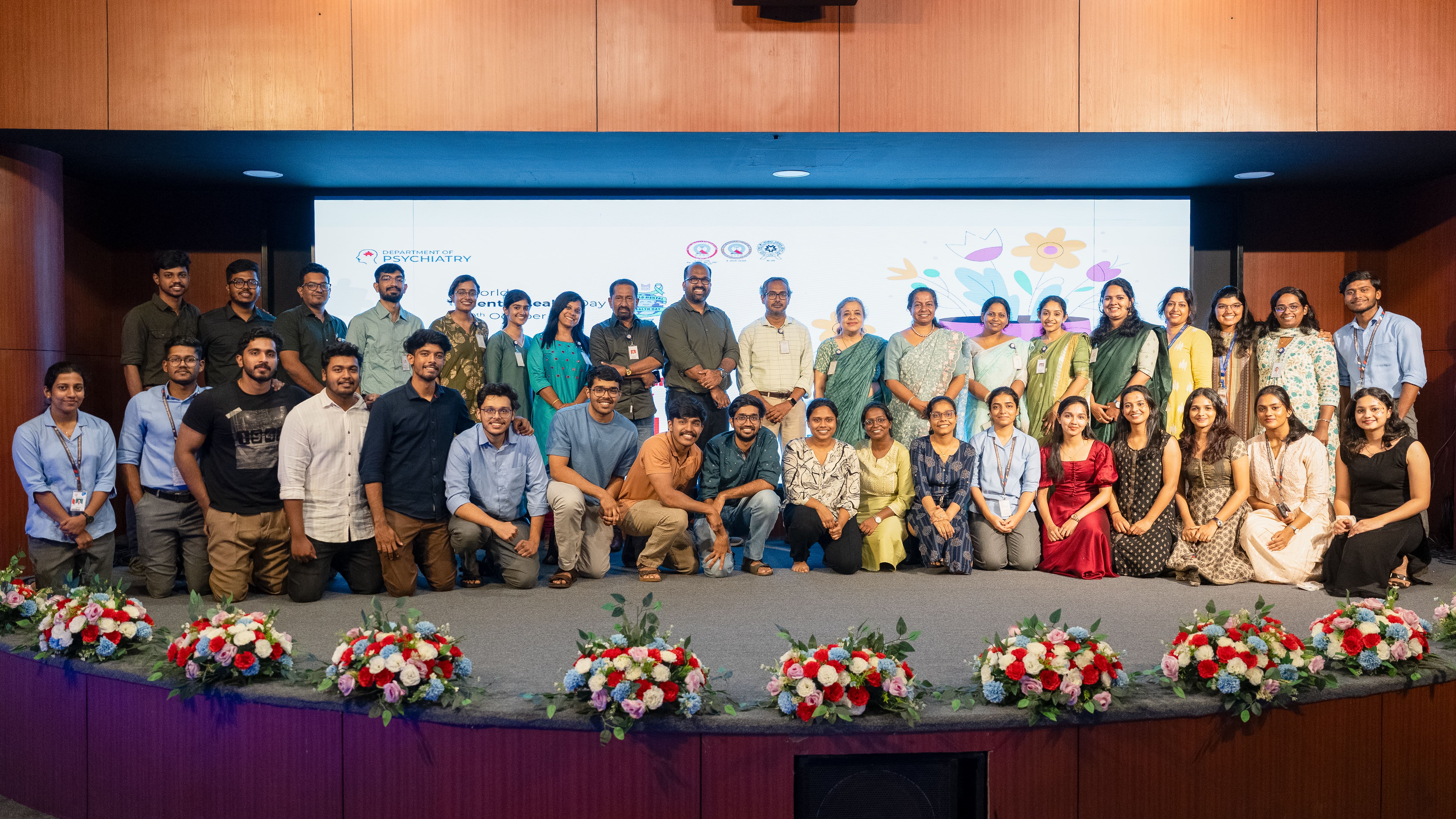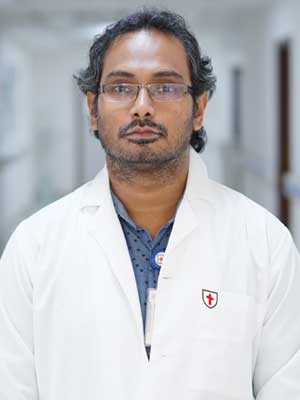Overview
As there is no health without mental health, the Psychiatry Department is at the core of holistic medical care in Believers Church Medical College Hospital. The vision of our department is "To reduce stigma not support". With this goal in mind, we started with an outpatient department called the Prashanthi Clinic. As a fully functional department with outpatient and inpatient facilities, we provide expert advice and care. The Psychiatry Department has many senior Psychiatrists, Psychologists, and nurses trained in psychiatric care.
Services
-
Adult and child psychiatry services
-
Navajyothi Clinic - Inpatient de-addiction services (for alcohol and other substance abuse)
-
Consultation liaison psychiatry services
-
Emergency psychiatry services
-
Specialized child psychiatry
-
Child Guidance Clinics are held on the 2nd Saturday of every month.
Therapies
-
Pharmacological treatment
-
Cognitive Behaviour Therapy
-
Interpersonal therapy
-
Mindfulness-based therapies
-
Family therapy
-
Marital therapy
-
De-addiction therapy/program targeting alcohol/nicotine/opioid use disorders - "NAVAJYOTI"
Specialists
Doctor Talk

FAQ
Mental illness usually results from a complex interplay of genetic and environmental factors which are difficult to predict. Also some risk factors such as severe psychological stress, cannabis use, and some medical illnesses are known to trigger the mental illness.
Almost all mental illnesses are treatable, if not curable. Sometimes however a patient may require indefinite, long term treatment to keep the disease in control just like in diabetes or hypertension.
Antidepressants and antipsychotics are not addictive. Some anti-anxiety medications do have an addictive effect, but if taken as prescribed by the psychiatrist, there is no dependence risk.
Medication for mental illness is useful for treating patients successfully. However, some patients may benefit best from a combination of medication and psychotherapy/counseling and a section of patients may require only a psychological intervention. The decision whether to use medication or a psychological intervention or a combination of both is made after a comprehensive assessment on a case to case basis.
Early evaluation of symptoms is critical in the treatment and recovery of psychosis. Early intervention in psychosis, especially during the first episode, leads to the best outcomes.
News & Events

Believers celebrated World Mental Health Day with hope, healing, and harmony!!






